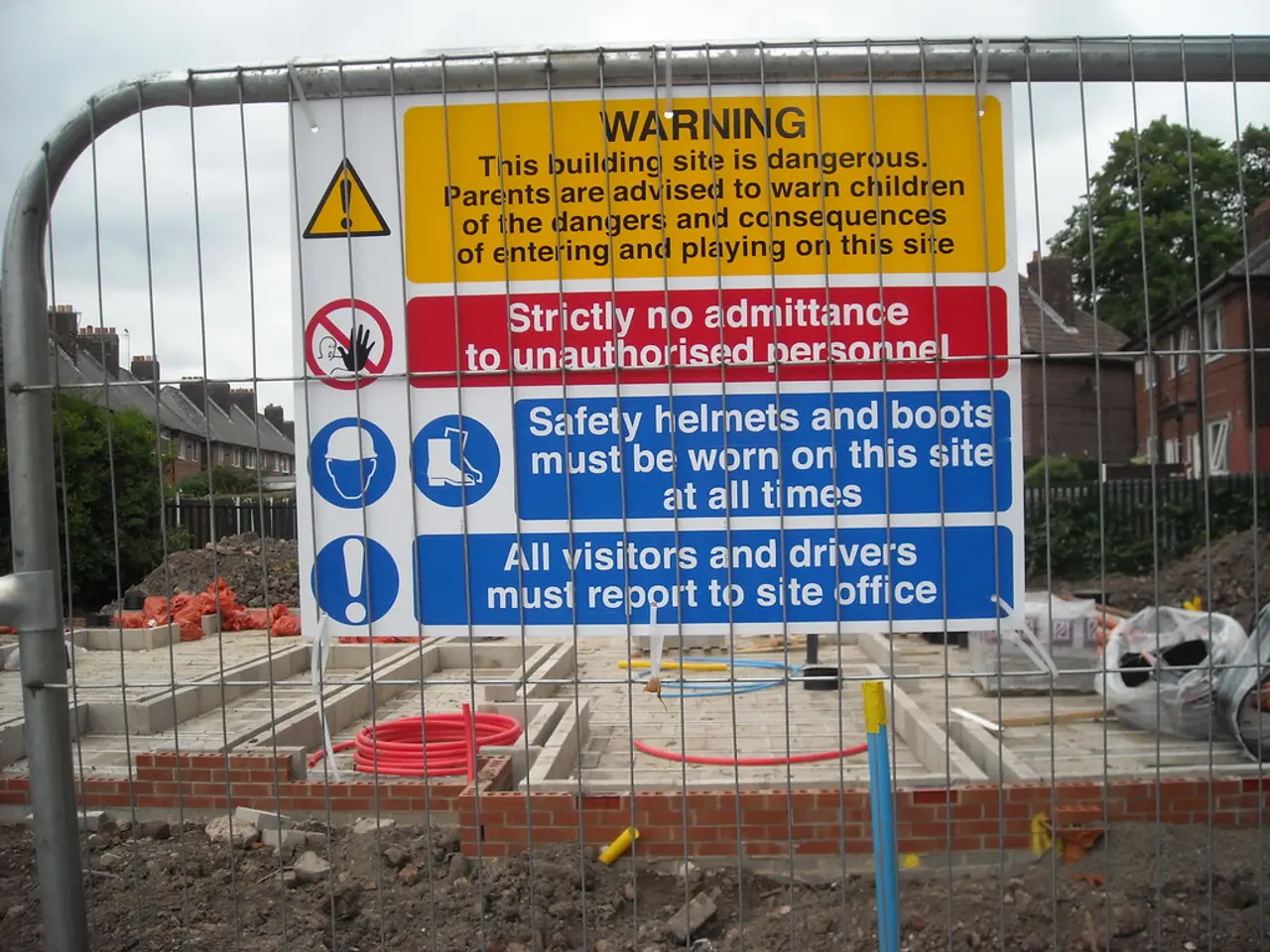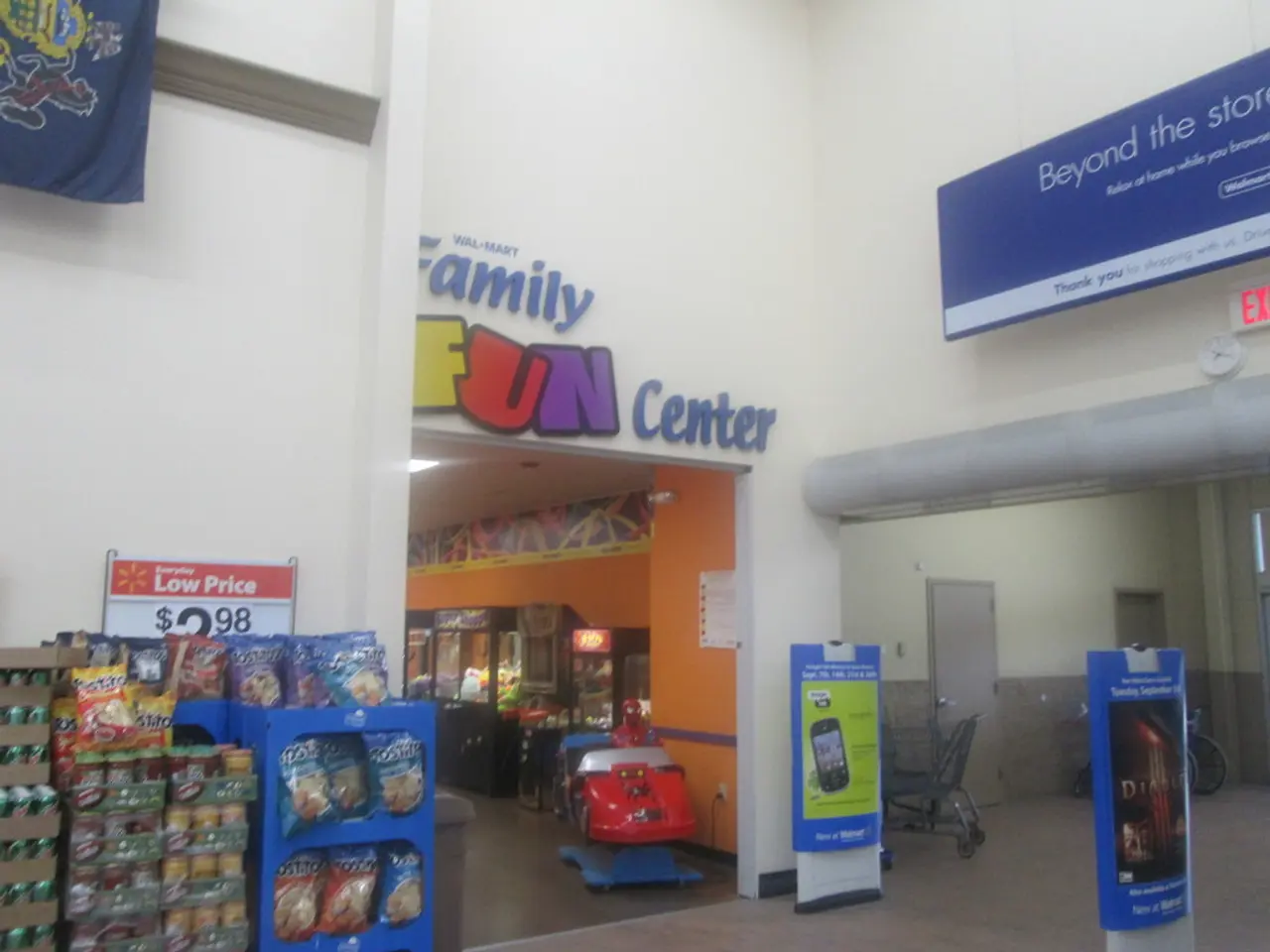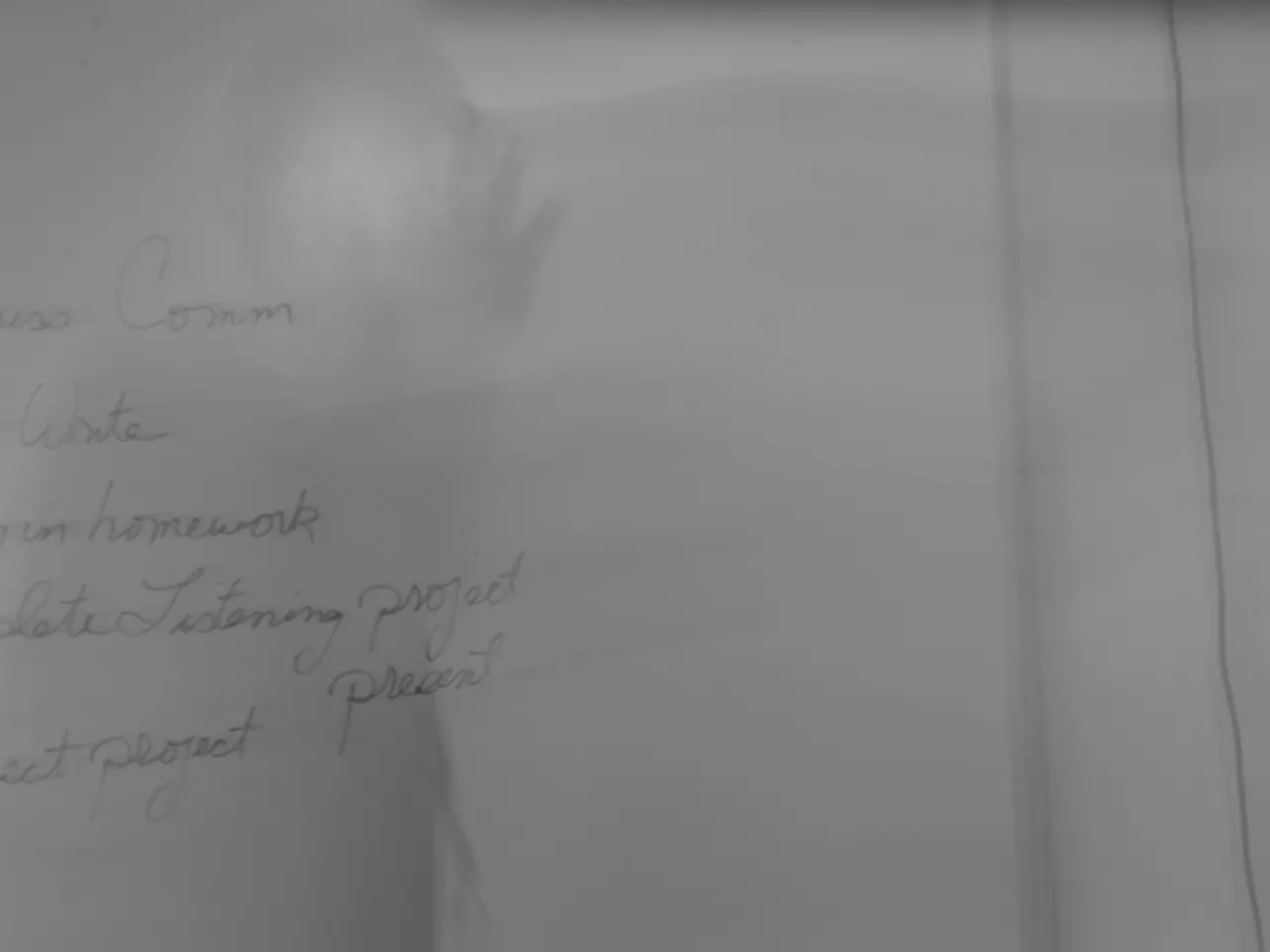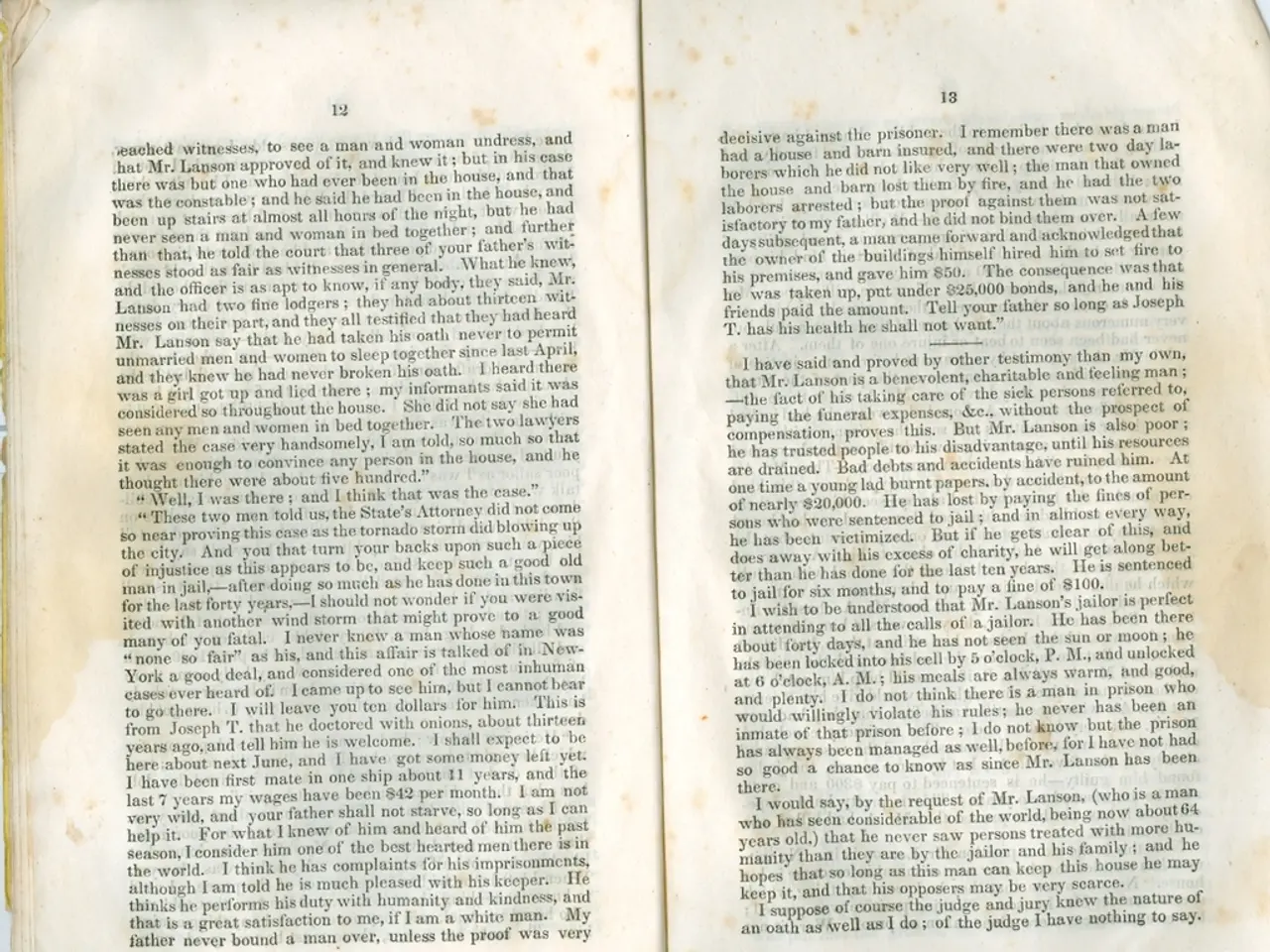Inquiring about uncertainties concerning Regensburg?
In the heart of Regensburg, Germany, a city known for its picturesque charm and desirable residential and commercial areas, a controversial property purchase on Hollerweg has sparked public debate. The city of Regensburg recently bought a property for eight million euros, a move that has raised concerns about transparency, valuation, and the use of public funds.
Background and Details
The buyer is often a city administration or a related public entity, though private investors linked to public interests may also be involved. The property in question is a strictly protected biotope - a sand meadow, home to a valuable ecosystem.
Reasons for Controversy
- Lack of Transparency: Critics argue that the decision-making process lacked sufficient public consultation or disclosure, leading to suspicions of mismanagement or favoritism.
- Valuation Disputes: There may have been disagreements about the fair market value of the property, with accusations that the city overpaid or was pressured into a non-competitive purchase.
- Public Interest vs. Private Gain: Concerns that the purchase benefits private parties more than the public, questioning whether the acquisition serves the community effectively.
- Political Implications: Such purchases often become a focal point for political opposition or media scrutiny, especially if perceived as misaligned with fiscal responsibility.
Experts from the Bund Naturschutz have confirmed the value of the sand dry grassland on the property. However, some argue that the property should have cost a maximum of 250,000 euros, a stark contrast to the eight million paid. The city's approach to the property purchase allegedly complies with "market practices," but the lack of competition raises questions.
The city's environmental department was not involved in site visits before the purchase, and there are claims that the city knew the biotope mapping was outdated from 2008. Residents have informed the city that biotopes in the area might have grown and shifted, and possibly were not mapped correctly.
The city's department head made a remark suggesting that the Bund Naturschutz could start with the city if they knew everything so much better. A statement from Christian Janele in the city council regarding the property purchase was rejected and secretly deleted from the published record, fueling mistrust towards the actions of the city administration.
There is currently no evidence of manipulation or malicious intent in the property purchase. However, if no consequences follow from the eight million euro expenditure, there is a risk of similar mistakes happening in the future. Construction on the property is largely impossible due to its protected status, but an apology is due for the substantial amount spent.
Maintaining transparency and ensuring fair valuations are crucial in public property transactions. As the city of Regensburg moves forward, it is essential to learn from this incident and strive for greater accountability and public engagement in such decisions.
- The controversy over the property purchase on Hollerweg in Regensburg, Germany, extends to the realm of policy-and-legislation, as questions arise about transparency, valuation, and the use of public funds in the transaction, which is a typical focus of politics.
- The ongoing debate about the property purchase on Hollerweg, as well as other general-news topics, emphasizes the importance of maintaining transparency, ensuring fair valuations, and promoting public engagement in public property transactions, particularly in cases like this one that involve protected land and potential discrepancies.







